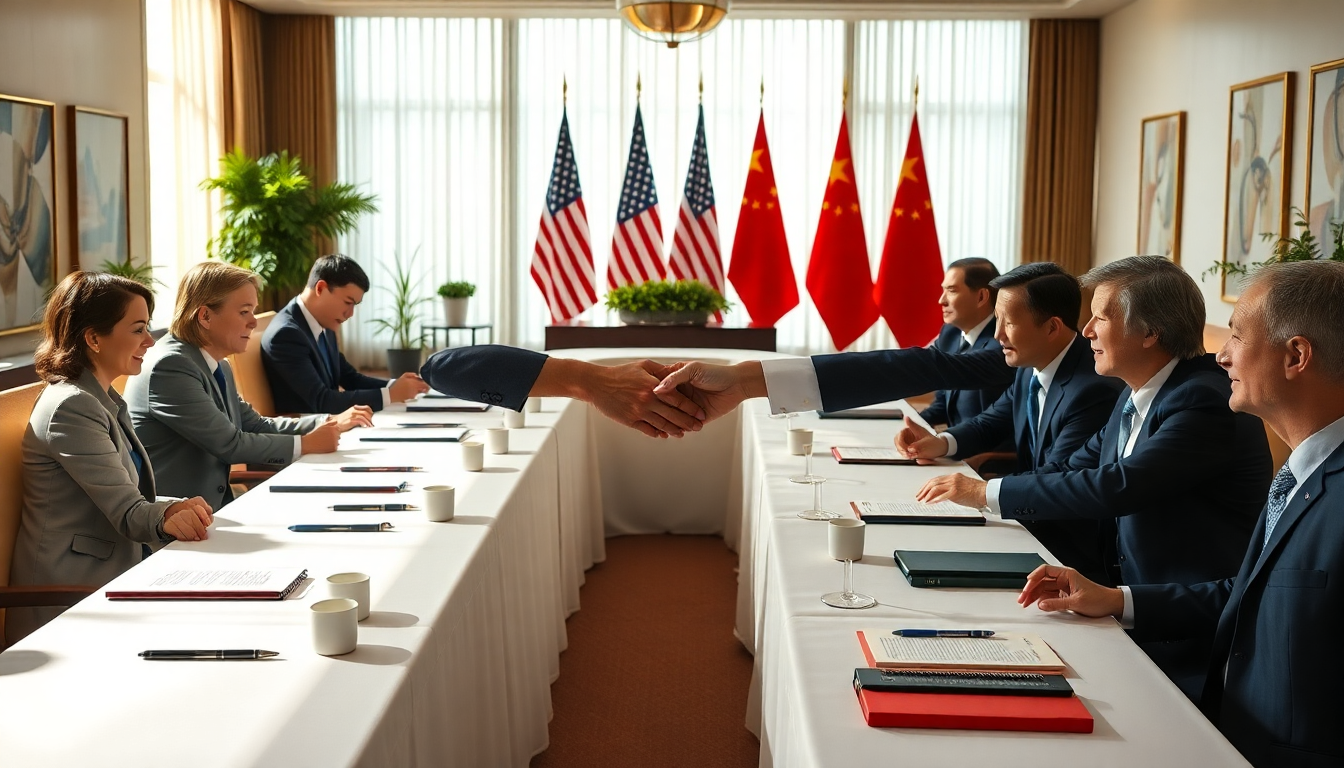Table of Contents
The relationship between the United States and China is like a roller coaster ride—full of ups and downs, twists and turns, making it one of the most talked-about topics in global politics today. Recent diplomatic meetings, such as the one in Malaysia attended by Chinese Foreign Minister Wang Yi, showcase just how tricky this relationship can be, especially with trade tensions on the rise. But what does this really mean for both nations and the world at large?
Context of the Meeting
During the recent discussions, it became clear that keeping the lines of communication open is crucial for managing US-China differences. Wang emphasized that this relationship isn’t just important for the two countries; it has ripple effects that impact global stability. He described the talks as constructive and stressed the need for mutual respect and equality. After all, both nations are dealing with their own economic hurdles and strategic interests, so a cooperative approach is essential.
Wang’s comments reveal a genuine desire to foster understanding and avoid miscommunication that could lead to increased tensions. He framed the meeting as more than just a formality; it was a crucial moment that could pave the way for ongoing dialogue between diplomatic teams. This recognition is shared by many global leaders who understand that a stable US-China relationship is key to tackling pressing global challenges.
Key Outcomes of the Diplomatic Engagement
So, what were the main takeaways from these talks? First off, both nations showed a strong commitment to increasing their engagement, which is especially important given the current backdrop of trade disputes and geopolitical rivalry. They recognized the necessity of managing their differences in a constructive way to prevent conflicts from escalating.
Furthermore, the discussions aimed to expand collaboration on various fronts, like economic partnerships and regional security. Acknowledging their relationship as the most significant one globally highlights the idea that cooperation is not just beneficial for the US and China but for global peace and prosperity as well.
Wang’s reflections on the importance of these meetings signal a strategic shift toward dialogue and diplomacy—an essential move in today’s polarized world. By nurturing a spirit of mutual respect, both countries can stabilize their interactions and lessen the chances of misunderstandings.
Looking Ahead: Implications for Future Relations
The implications of these diplomatic engagements stretch far beyond immediate issues. They could shape the future of US-China relations in significant ways. As both nations navigate a complex landscape of economic, political, and social challenges, the need for consistent and open dialogue will only grow stronger.
Looking ahead, we can expect a focus on creating frameworks that tackle shared concerns, such as trade practices and regional security. The willingness to engage in constructive dialogue suggests that both nations recognize the importance of compromise and collaboration, which could lead to more comprehensive agreements down the line.
Ultimately, the success of these diplomatic efforts hinges on both countries’ ability to maintain a steady course in their interactions, prioritizing dialogue over discord. As the global landscape continues to change, the value of a stable and cooperative US-China relationship becomes more critical than ever. Are we ready to see where this journey leads us?


